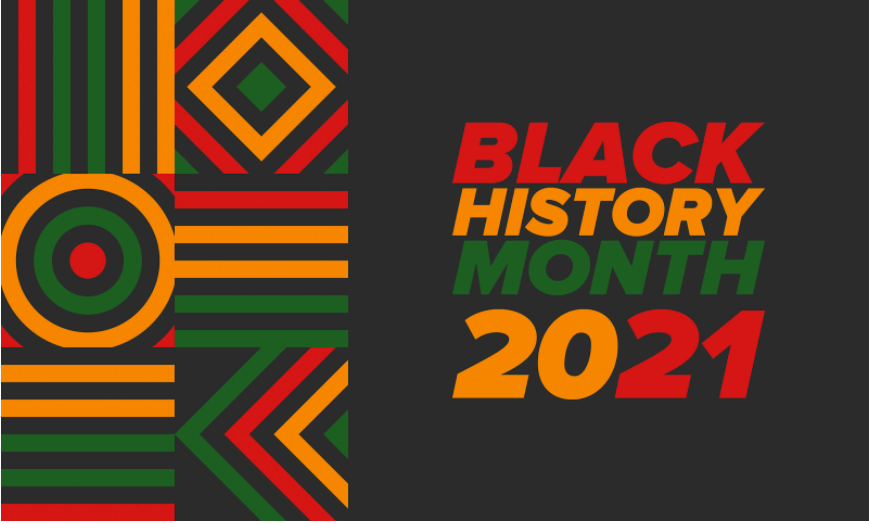
Black History Month has been celebrated in the United States since 1976. The tradition now spans across our borders into countries such as Canada and the United Kingdom as well. Black History Month wasn’t always a month long event. Originally it was known as Negro History Week, started by Carter G. Woodson and Jesse Moorland in Chicago in September of 1915.
Woodson and Moorland founded the Association of the Study of Negro Life and History (ASNLH), “dedicated to researching and promoting achievements by Black Americans and other peoples of African descent.” Today the group is known as the Association for the Study of African American Life and History (ASALH). In 1926, the group sponsered a national Negro History week to overlap with the birthdays of Abraham Lincoln and Frederick Douglass. Woodson however did not want to keep the focus on Lincoln. Lincoln, “had not freed the slaves—the Union Army, including hundreds of thousands of black soldiers and sailors, had done that. Rather than focusing on two men, the black community, he believed, should focus on the countless black men and women who had contributed to the advance of human civilization.” said Professor of History, Daryl Michael Scott of Howard University, in his article Origins of Black History Month.
In typical American ways, by the 1930s people were popping up everywhere trying to make money off of the growing public interest in black history. “In America, nothing popular escapes either commercialization or eventual trivialization, and so Woodson, the constant reformer, had his hands full in promoting celebrations worthy of the people who had made the history.” said Scott.
To combat this, Woodson created black studies extension programs so that adults would be taught this throughout the years, not just one month of the year. Woodson wanted black people to learn their history on a daily basis and looked to a time when an annual celebration would no longer be necessary.
“The Negro History movement was an intellectual insurgency that was part of every larger effort to transform race relations.” said Scott.
In How to Be an Anti-Racist Ibram X. Kendi said, “Race is a mirage but one that humanity has organized itself around in very real ways. Imagining away the existence of races in a racist world is as conserving and harmful as imagining away classes in a capitalistic world—it allows the ruling races and classes to keep on ruling.”
Kendi continued to say, “If we stop using racial categories, then we will not be able to identify racial inequity. If we cannot identify racial inequity, then we will not be able to identify racist policies. If we cannot identify racist policies, then we cannot challenge racist policies. If we cannot challenge racist policies, then racist power’s final solution will be achieved: a world of inequity none of us can see, let alone resist.”
To be an antiracist, Kendi believes, is not something we are for all time but is a verb that describes our behavior not only for Black History Month but throughout the year.

